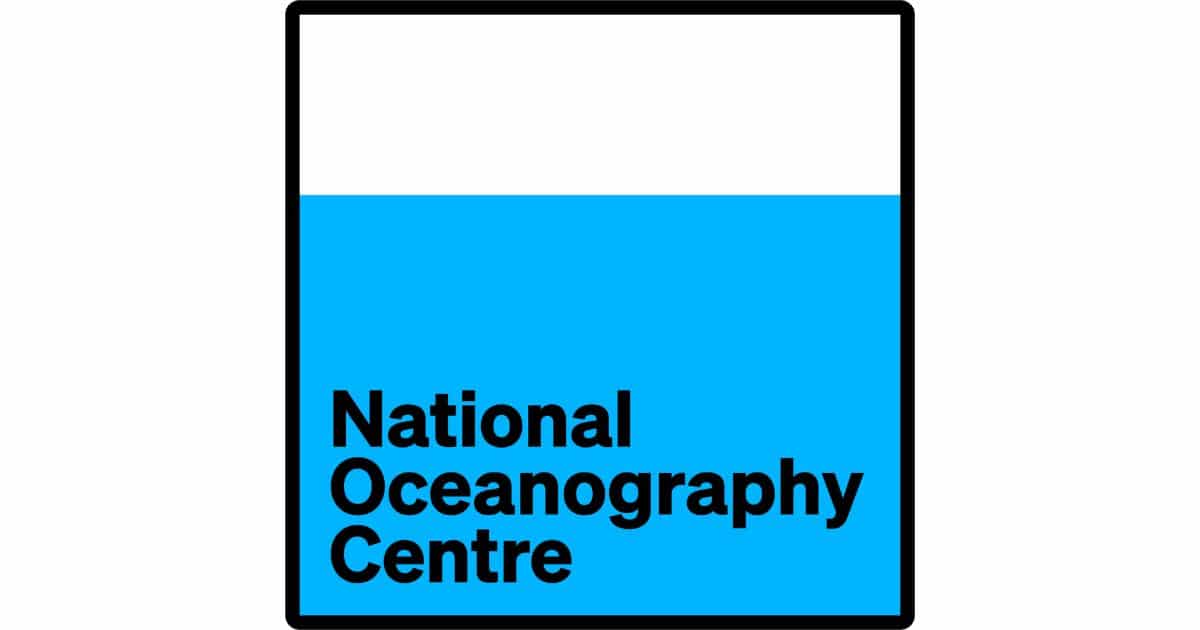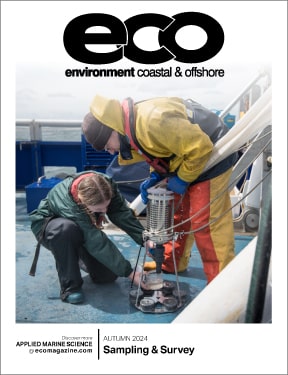We are made up of a dynamic and vibrant community whose focus is on improving the world in which we live. Our work is balanced by our strong sense of purpose, values and behaviors and an unwavering commitment to a ‘one NOC’ approach.
We have a rich history dating back to 1949, and our future has never looked more exciting as we aim to be the world’s most innovative oceanographic institution.
About the role
We seek a talented and enthusiastic ocean modeler to the join the marine systems modelling group at NOC in Liverpool. They will work on applying, analyzing and developing physical modelling applications in collaboration with the UK Met Office. Initially they will work on a UK storm surge application using the NEMO ocean modelling framework. They will also have enthusiasm to engage across a range of coastal hazard surge modelling projects, for which funding is being sought. These are most likely to be model development and verification related (in particular improving the skill of the operational physics-based NEMO system by improving the physics that is being simulated).
Initially the role will be funded by the Huracan project (https://research.reading.ac.uk/huracan) and will include configuring and analyzing ensembles of the existing NEMO-surge configuration under extreme climate forcing scenarios and, in collaboration with meteorological and hydrological project partners, co-developing storyline for extreme but plausible scenarios.
Longer term, the role would use a range of modelling tools, particularly the NEMO ocean modelling framework and the 7 km resolution storm surge configuration but would also be expected to include development at higher resolution (kilometric and sub-kilometric scales) to improve the predictive skill and its dissemination through the NOC hosted National Tidal and Sea Level Facility (https://ntslf.org). A number of machine learning projects have also been sought which use statistical tools to improve surge forecast skill at coastal gauge locations.
This role is expected to lead to publication in high impact journal papers both as lead and co-author, and contribute to our community modelling tools for model assessment (https://british-oceanographic-data-centre.github.io/COAsT/).
They will be expected to develop their own scientific research directions and collaborations on this theme and, in time, develop new projects and seek funding.
About you
The successful candidate will have deep experience in numerical ocean modelling. They will be skilled at using model analysis software (e.g., Python or Matlab). Appropriate to their career stage, they will have strong journal publication track record and knowledge of shelf sea or ocean physics. They will be enthusiastic to engage in collaborative working; both in terms of use and development of software tools and in scientific approaches. Excellent communication skills are essential.
They will have completed a PhD in a relevant numerate environmental science discipline or hold equivalent research track record and a strong 1st degree in numerate science, engineering or mathematics.
Experience with tidal and surge dynamics is desirable but not necessary.
Why the NOC?
We offer a generous set of benefits including 30 days annual leave, plus 3.5 local closure days and 8 public bank holidays, and a contributory Group Personal Pension Plan.
Location
This position will be based in Liverpool. The center is part of the University campus and is only a short walk from the city center and Lime Street station.
The NOC has a hybrid working approach where for most positions staff can work from home up to 2 days per week. If you are interested in this position, but require a more flexible working arrangement, please contact the recruitment team using the contact details below.
We can support visa applications where required. For overseas applicants who are willing to move to the UK we may be able to offer financial support with relocation.
Salary: £40,444 – £44,366
Closing date: January 17, 2024.

